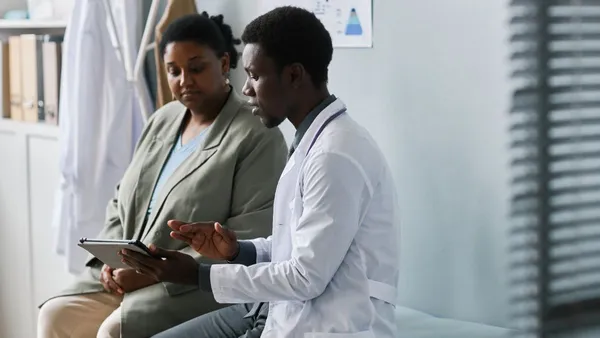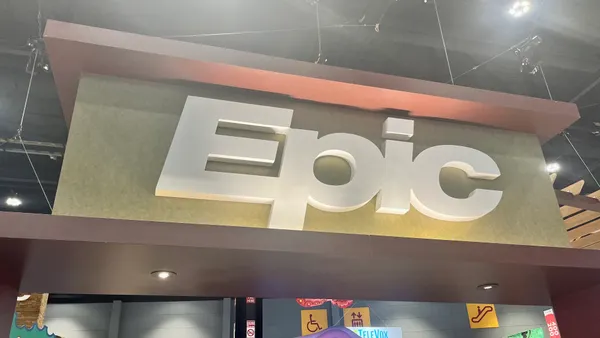Dive Brief:
- The ONC's Strategic Health IT Advanced Research Projects (SHARP) program lasted 4 years and cost taxpayers $60 million, and some key researchers believe the efforts has helped spark innovation and advancements in how the healthcare industry uses IT, according to a report in Healthcare IT News.
- Douglas Fridsma, MD, an ONC scientist left the government to become the CEO of the American Medical Informatics Association last September, has suggested that of all the grantees in the program, Harvard was the most successful. Harvard Medical School used its grant money to focus on apps, creating an enterprise architecture called SMART, or Substitutable Medical Apps, Reusable Technologies, to facilitate easy extensions of EHRs—something physicians have repeatedly said they would use if offered and done right.
- One last remaining active project in SHARP is known as the Medical Device Strategic Health IT Advanced Research Project, or MD SHARP. The 5-year program, funded by a $10-million grant from the NIH that later ended up under the ONC auspices, was led by the Medical Device Plug-and-Play (MD PnP) Interoperability Program based at the Center for Integration of Medicine & Innovative Technology and Massachusetts General Hospital. The team is working on a set of software standards and tools to promote interoperability between medical devices and IT systems. Inspired by its disdain for the standards being promulgated by the government, the program's grant will run out this summer.
Dive Insight:
There is a habit on both the part of the news media and government to highlight what's new on the agenda, and then move on quickly to the next thing, forgetting about what came before. But that shouldn't happen this time. As the ONC moves into its February conference on its health IT strategy, the academic work it funded four years ago is just about finished, and there's some really good stuff that has come out of that work.
With institutions like Harvard, the Mayo Clinic and many others involved, the results of their innovations could use a greater spotlight so that the mainstream healthcare industry can learn from their good works. Physicians say they want more apps? Well, Harvard’s got 'em. Harvard's is possibly one of the first real studies to develop steps toward linking EHRs together in a broader network, something every industry IT professional believes will be critical in enabling health IT to achieve its full patient care, outcome-improving potential.














